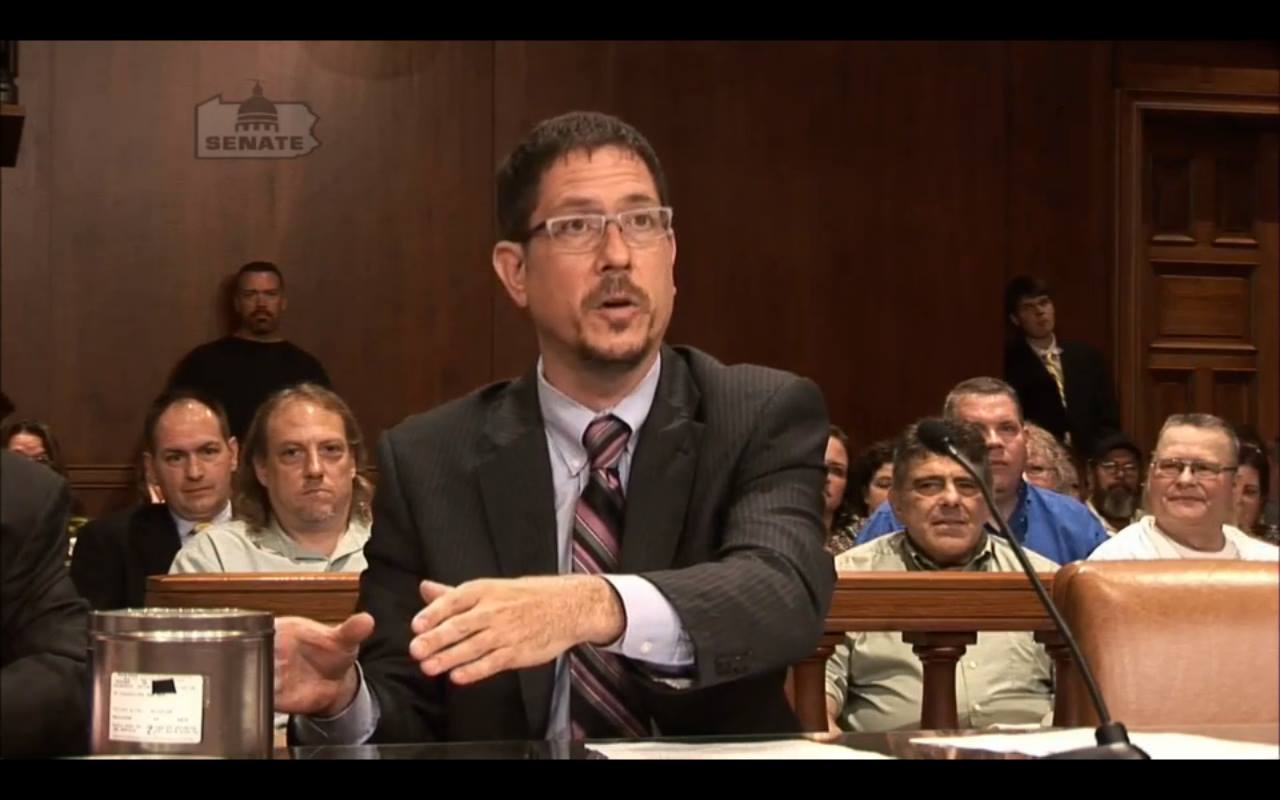Demystifying the Refine of Federal Appeals: What You Need to Know
Browsing the detailed realm of federal charms can frequently appear like traversing undiscovered waters for those not familiar with the procedure. Recognizing the nuances of appellate court jurisdiction, the details of submitting a notification of allure, offering a compelling short, and making an influential dental argument are vital parts that can substantially influence the outcome of a situation. By unraveling the layers of complexity bordering government charms, people can acquire a clearer insight into the systems that regulate this vital phase of the lawful system.
Understanding Federal Appeals Refine
Exploring the detailed realm of the federal appeals procedure introduces a organized and systematic trip through the judicial system - best federal appeal lawyer in las vegas. Federal allures work as a crucial device for evaluating choices made by lower courts. Understanding this procedure is important for any person involved in lawful procedures at the government degree
The process normally starts with a celebration dissatisfied with a reduced court's ruling filing a notice of charm. This triggers a review by a higher court, where a panel of judges evaluates the lawful debates offered by both celebrations. Briefs detailing the lawful thinking behind each party's setting are submitted, and oral arguments may be heard to clarify complicated concerns.
The appellate court's choice is based on a detailed exam of the lower court's proceedings and the arguments offered. As soon as the appellate court gets to a choice, it can verify, turn around, remand, or change the lower court's ruling, offering clarity and finality to the legal disagreement.
Appellate Court Jurisdiction Clarified

Appellate courts have jurisdiction over particular types of instances, generally those entailing lawful mistakes, step-by-step issues, or concerns of legislation as opposed to valid disagreements. The territory of appellate courts is usually laid out in laws and laws that govern the court system. Understanding appellate court jurisdiction is critical for parties associated with the allures procedure as it figures out whether an instance is qualified for testimonial and the degree to which the appellate court can intervene in the reduced court's choice.
Filing a Notification of Charm
The initial step in beginning the government appeals procedure involves submitting a Notification of Allure with the ideal appellate court. wyoming federal appeal lawyers. This critical file officially informs the court and the other parties entailed in the case that the appealing celebration intends to look for a review of the lower court's choice. Submitting a Notice of Allure is a strict step-by-step requirement that establishes the appellate process in movement
When preparing the Notice of Appeal, it is essential to ensure conformity with the specific guidelines and guidelines of the appropriate appellate court. The paper must usually consist of information such as the instance name, the reduced court's name, the date of the judgment being appealed, and a succinct statement showing the grounds for the appeal.
When filing a Notification of Allure,Timeliness is of the essence. Missing the due date for sending this paper can cause the appeal being disregarded, emphasizing the importance of precise and timely initiation of the charms procedure. It is suggested to seek lawful guidance to browse the complexities of submitting a Notice of Allure successfully.
Briefing and Dental Argument
In the appellate process, presenting created briefs and engaging in oral arguments play crucial duties in promoting for the appealing party's setting prior to the appellate court. Briefs are extensive legal files that lay out the parties' disagreements, lawful authorities, and evaluation supporting their settings. These created submissions provide the court with an in-depth understanding of the truths of the case, the relevant law, and why the appealing party believes the reduced court's choice need to be rescinded.
Adhering to the entry and testimonial of the briefs, oral debates use the parties an opportunity to more clarify their placements, attend to any type of concerns the appellate judges might have, and emphasize essential points from their composed briefs. Oral debates are a possibility for the attorneys to convince the courts with verbal campaigning for and actions to queries from the bench.

Getting the Appellate Court Decision

Final Thought
Comprehending the appellate court territory, submitting a notice of appeal, preparing briefs, and providing dental disagreements are all essential components of this process. Inevitably, receiving the appellate court decision can supply quality and resolution to legal conflicts.
As we advance from comprehending the federal charms process to studying the complexities of appellate court jurisdiction, a fundamental element comes to light pertaining to the authority and limits of these greater courts in the lawful landscape. Appellate court territory refers to the extent of instances that a certain appellate court has the power to decide and review upon. Unlike trial courts that hear situations for the first time, appellate courts are limited to reviewing decisions made by reduced courts. Recognizing appellate court territory is vital for parties involved in the appeals procedure as it determines whether a situation is qualified for evaluation and the level to which the appellate court can directory intervene in the reduced court's decision.
Whether the appellate court attests, turns around, or remands the lower court's decision, recognizing the implications of the ruling is vital for all parties involved in the appellate procedure.
Comments on “Federal Crime Lawyer: Safeguarding Your Civil Liberties Versus Serious Federal Charges”